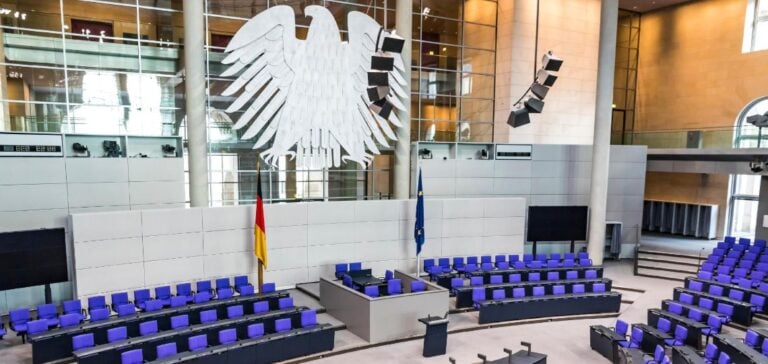The surge in energy prices, exacerbated by geopolitical crises and economic constraints, weighs heavily on German consumers and the national economy. In this context, German Minister of Economy Robert Habeck recently introduced a proposal to implement subsidies aimed at reducing electricity grid fees. Currently, these fees account for approximately 20% of electricity bills for German households, creating a significant financial burden.
This initiative targets several key objectives. First, it aims to alleviate financial pressure on consumers by directly lowering their electricity bills. This support is crucial as Germany experiences historically high energy costs. These subsidies would also provide economic stability for businesses, which have been particularly affected by the impact of energy price fluctuations on production costs and investments.
A challenge for the energy transition
Beyond short-term relief, this measure aligns with a long-term vision for energy transition. Germany has committed to massively developing its infrastructure to efficiently transport locally produced renewable energy. This development requires colossal investments estimated at approximately €450 billion by 2045.
However, these investments must be equitably distributed across generations. According to Robert Habeck, intergenerational financing would better smooth the economic impact on current consumers while ensuring the viability of this energy transformation. The proposal also includes reducing electricity taxes to the European minimum, which could lower costs by approximately 2 cents per kilowatt-hour.
Stabilizing energy markets
The international context further complicates the situation. The war in Ukraine and sanctions imposed on Russia have significantly destabilized European energy markets, leading to price volatility. The proposed subsidies aim to limit short-term fluctuations while offering a more stable framework for the future.
However, implementing these measures remains uncertain. While preparatory work is complete, legislative approval of these subsidies depends on agreement within Germany’s governing coalition, which is currently strained. Without such an agreement, consumers may continue to bear the rising costs of energy on their own.
Economic and ecological balance
Reducing grid fees and electricity taxes addresses growing demands for sustainability and economic fairness. By promoting the adoption of renewable energies and lowering financial barriers for households and businesses, these proposals align Germany’s economy with environmental goals while stabilizing its energy market.
This comprehensive approach aims to turn current challenges into opportunities for a sustainable and resilient energy system. However, its success will depend not only on political support but also on the willingness of consumers and investors to embrace these reforms.






















